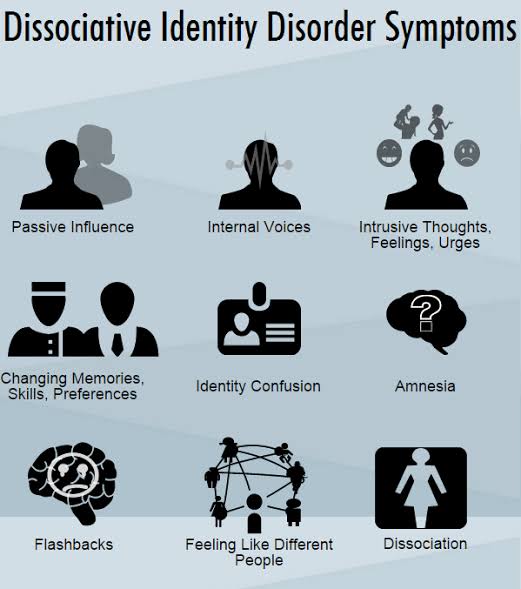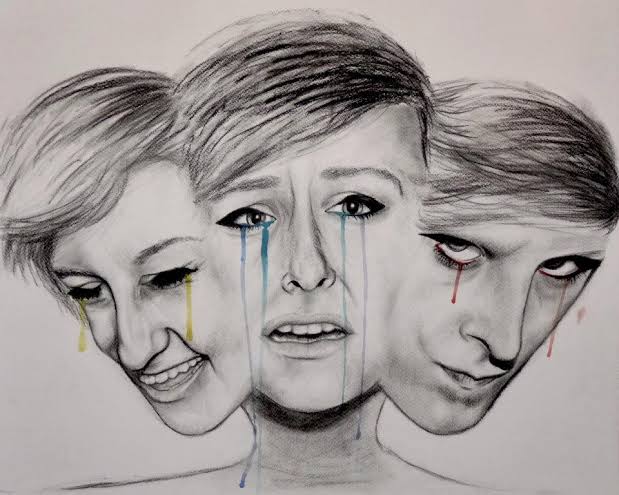What is multiple personality disorder?

Dissociative Identity Disorder (DID), previously known as multiple personality disorder, is a mental disorder characterized by the presence of two or more distinct identities or personalities within an individual, each with its own pattern of perceiving, thinking about, and relating to the environment and self. It is a controversial diagnosis and its existence is debated in the psychiatric community.

Dissociative Identity Disorder (DID) is a complex and controversial condition that is characterized by the presence of two or more distinct identities or personalities within an individual. These identities, also known as “alters,” are separate from one another and have their own unique characteristics, such as distinct names, ages, gender, and mannerisms. People with DID may also experience gaps in their memory or have a sense of being detached from their own thoughts, feelings, and actions.
CAUSE, SYMPTOMS & TREATMENT
The exact cause of DID is not fully understood, but it is believed to be related to severe childhood trauma, such as physical, emotional, or sexual abuse. The theory is that the mind develops different identities as a way to cope with and survive the trauma. However, some experts argue that the symptoms of DID may be caused by a combination of factors, including genetic predisposition, developmental factors, and social and cultural influences.

Treatment for DID typically involves therapy and medication. The primary goal of therapy is to help the individual integrate their different identities into a cohesive whole, which can be a long and difficult process. Medications such as antidepressants and antipsychotics may also be prescribed to help manage symptoms such as depression, anxiety, and dissociation.
It is worth noting that the diagnosis of DID is controversial, and some professionals argue that the disorder may be overdiagnosed or that the symptoms are better explained by other conditions such as borderline personality disorder or post-traumatic stress disorder.

It is important to note that the diagnosis of DID has changed over the years, and in 2013, the latest edition of the Diagn and Statistical Manual of Mental Disorders (DSM-5) renamed the disorder as “Dissociative Identity Disorder”


You must be logged in to post a comment.